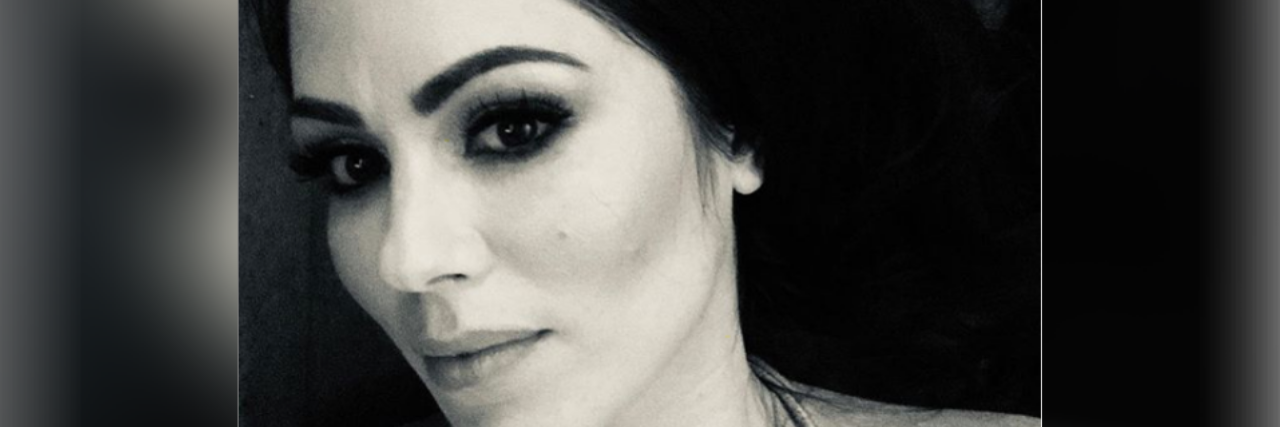'Hawaii Five-0' Actress Michelle Borth Thinks She Has a Solution for Self-Harm Scars
Editor's Note
If you struggle with self-harm or experience suicidal thoughts, the following post could be potentially triggering. You can contact the Crisis Text Line by texting “START” to 741741. For a list of ways to cope with self-harm urges, visit this resource.
What to know: “Hawaii Five-0” actress Michelle Borth shared in a new interview with People that she has a history of self-harm and suicidal ideation. Borth said she worked through her mental health issues thanks to treatment, but she struggled with the scars that reminded her of her past.
It really does have an effect on you. You get a look. I always felt that it was a look of someone feeling bad for me, of someone feeling sorry for me. Or sometimes nasty looks of someone judging me. — Michelle Borth
Eventually, Borth showed Dr. Alexander Rivkin her scars. A cosmetic doctor who specializes in non-surgical treatments, Rivkin experimented with injections. By filling in the areas around her raised scars, he was able to make them almost disappear. Rivkin said he can use steroid injections to flatten the look of raised scars and lasers to reduce the redness of scars with his treatment.
The Frontlines: Self-harm (referred to by experts as non-suicidal self-injury) is defined as causing intentional injury to your body tissues without the intent to die. While there are many reasons people may self-harm, it’s often used as a way to regulate difficult and intense emotions.
- Approximately 17% of adolescents, 14% of young people up to age 24 and nearly 6% of adults self-harm
- People often start self-harming around age 15 and use self-harm as a coping tool for an average of five years before stopping
- Using alternatives to self-harm, such as listening to music, texting a friend, journaling or going for a walk, are the most common ways to work through self-harm urges, along with support from a mental health professional. Here are some coping skills to get your started.
- Self-harm is generally not the same as a suicide attempt, however, those who self-harm are at higher risk of suicidal thoughts. If you need support right now, call the National Suicide Prevention Lifeline at 1-800-273-8255 or reach the Crisis Text Line by texting “START” to 741741
Get more on mental health: Sign up for our weekly mental health newsletter.
A Mighty Voice: Though Borth wanted to cover her self-harm scars, that’s not the case for everyone. Our contributor, Brian Fu, explained how his self-harm scars serve as a reminder of his strength. “Look at your scars, whatever they look like, and know you can get through this season of life and live with the reminder that you can do anything, including reaching recovery. I believe in you. Keep going.” You can submit your first person story, too.
From Our Community:
Add your voice:
Other things to know: If you’re struggling with self-harm, you’re not alone. You can check out The Mighty’s Guide to Self-Harm Recovery here and find other resources here.
- How You Can Turn Self-Harm Scars Into Life-Affirming Works of Art
- Why I Decided to Stop Hiding My Self-Harm Scars
- If You Feel Ashamed of Your Self-Harm Scars, Read This
More helpful thinking: Rivkin’s scar solution for self-harm is expensive. As a result, Borth and Rivkin launched Roll Up Your Sleeves to bring the treatment to more people for free. You can learn more about Roll Up Your Sleeves here.
Header image via Michelle Borth’s Instagram


